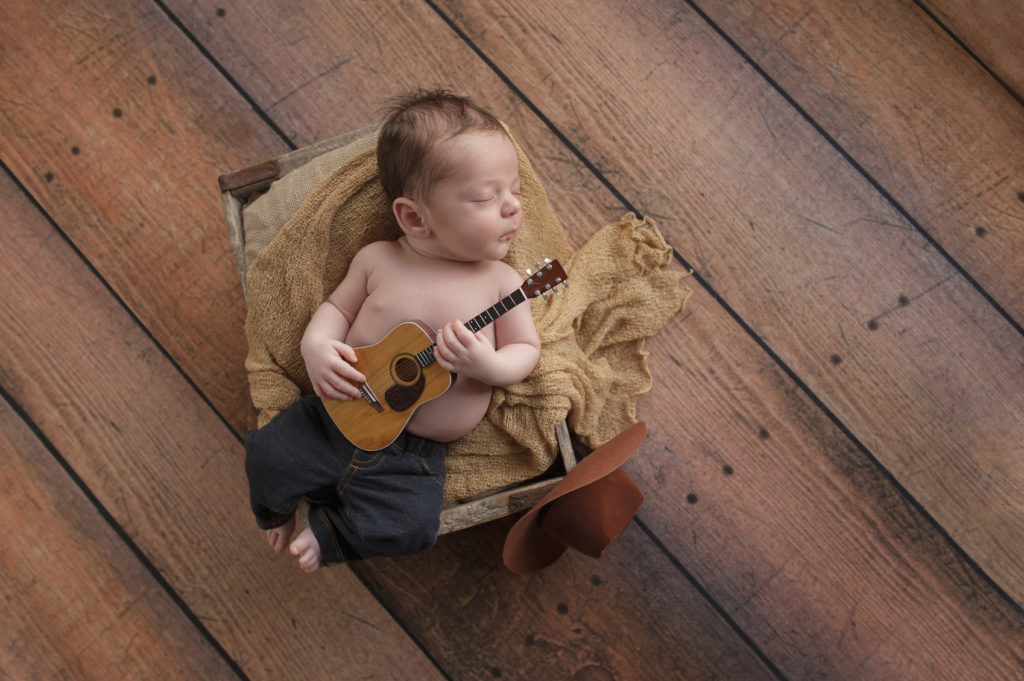
By Jamell Andrews
For years we’ve heard various theories about what music does for babies. We have heard that playing classical music for babies makes them smarter and that music lessons for infants is beneficial. As many different theories and studies as there are, what they all have in common is that music has its benefits, even if just to put a smile on your baby’s face or to help calm and soothe them.
The most recent study on the effects of music on babies was recently published by the Proceedings of the National Academy of Sciences. Researchers at the University of Washington’s Institute for Learning & Brain Sciences designed an experiment to find out if teaching infants a musical rhythm would help them with speech rhythms. The reason behind it being that strong rhythmic patterns in language and syllable timing when speaking helps the listener define sounds and understand what’s being said, and that identifying differences in speech sounds helps babies learn to talk.
The Study
The study involved 39 9-month old babies that were divided into groups of two and three with their parents guiding them through the activities which consisted of 12 play sessions of 15 minutes. Out of the group, 20 infants were assigned to a music group in which children’s music played while an experimenter led them through tapping the beats to the music. The songs chosen were all in triple meter, just like in a traditional waltz. They were specifically chosen by the researchers for being somewhat difficult for infants to learn.
The remaining 19 babies in the study had play sessions with toys requiring coordinated movements not involving music.
In the week following the last play session, the parent’s and babies returned to the lab so that researchers could measure the infants’ brain responses. Babies listened to music and speech sounds played in a rhythm with the occasion disruption, which the babies’ brains showed a response to, indicating that they detected the disruption.
Focusing on two brain regions that are crucial for cognitive skills, researchers found that the infants in the music group experienced stronger brain responses to disruptions in both speech and music rhythms compared to those in the non-music group. What this suggests is that participating in play sessions with music improves an infant’s ability to pick up sound patterns and can be beneficial to infant learning.
Play that Music for Your Baby
Music can be uplifting and relaxing for parents and babies. From as early as 35 weeks in the womb to college-age; music has been found to improve learning skills and much more. So, go ahead and play that music around your baby and don’t feel you need to limit it to classical or children’s songs either, as all music has benefits. It may even be more beneficial to play music that you enjoy because it will encourage you to have more fun singing along to it with your baby.